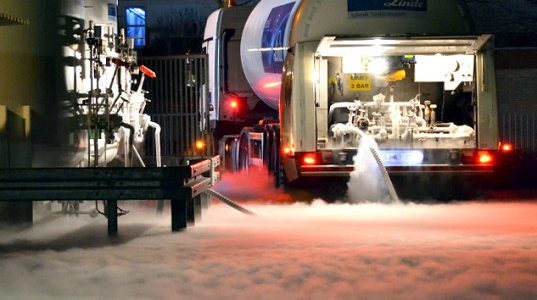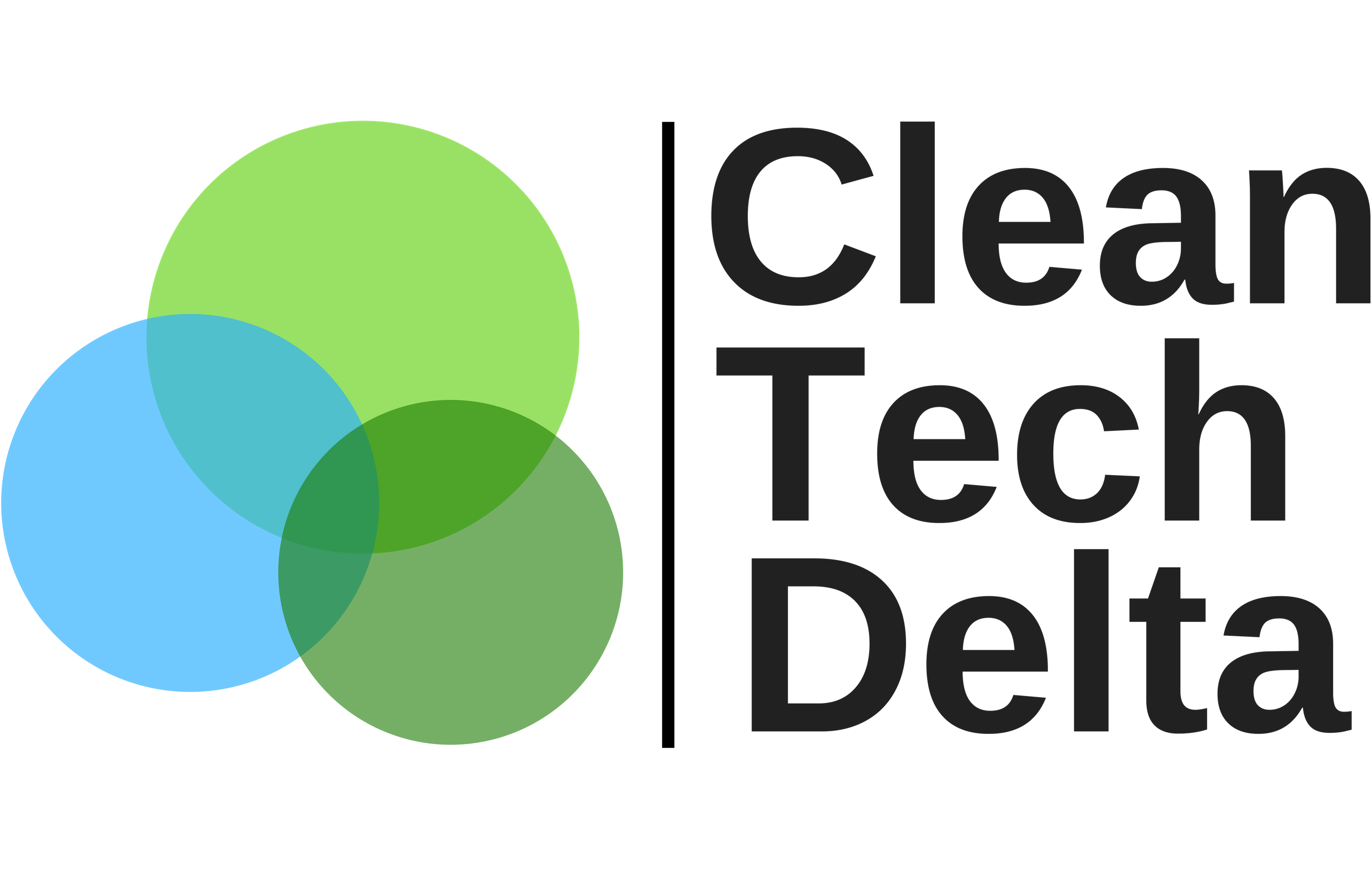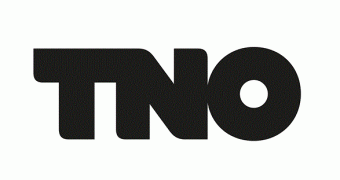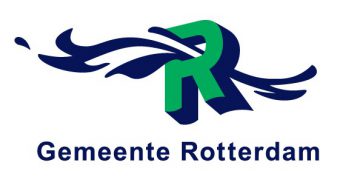
The world heavily relies on cold. The food we eat, the buildings we inhabit, the data we consume and the medicines that keep us healthy all need cooling. Food from the farm to our plates depends on a seamless integrated network of refrigerated processing, storage and transport to ensure it arrives fresh and isn’t wasted. Transport is vital: it is no good producing food and then just leaving it in a cold store; it needs to move quickly and efficiently from producer to consumer, and this requires a large fleet of refrigerated vehicles.
The problem is that those vehicles cause serious damage to the environment and health. The vast majority of refrigerated trucks use diesel-powered refrigeration, and burning diesel leads to emissions of not only CO2 but also toxic particulate matter and nitrogen oxides. Worse, in many refrigerated vehicles the cooling is powered by a secondary diesel engine that is generally inefficient and can emit many times more air pollution than the propulsion engine hauling it around. Yet more absurd, in some countries these secondary engines are even allowed to run on highly subsidised ‘red’ diesel, meaning taxpayers’ money is being used to support the polluters, and prevent clean cold technologies from gaining a foothold.
The impacts of this kind of air pollution are felt right across Europe. In the EU, it causes more than 400 000 premature deaths each year, and chronic ill-health for many more. This imposes a heavy social cost on every European nation. Refrigerated vehicles also leak highly potent climate-warming HFC refrigerants, although our analysis shows that this problem is less significant than generally thought. Although there are around 1 million refrigerated vehicles in the EU, until now these hidden polluters have gone all but unnoticed. Their cost to society has never been assessed – until now – nor addressed through effective regulation.
The C4 project will demonstrate an innovative clean technology within Transport Refrigeration Units (TRUs) through the use of a novel liquid air/nitrogen engine. At this point in time, the TRU technology is still in pre-production stage. Technical and operational support, data analysis and year-round data gathering by a demonstrator TRU are required within this pilot.
TRU potential
The TRU pilot in Rotterdam will result in a reduction of approximately 11 Ton CO2, 21 kg of NOx and 500.000 µg of particle matter (PM). Also, the truck will meet the 60 decibel (dB(A)), therewith meeting the required standard for night-time deliveries.
In the Netherlands, the Bidfood fleet consists of 404 trucks and vans in total. Potential reductions in emissions add to approximately 4.000 Ton CO2, 8.500 kg NOx and 202 kg PM for this total fleet.


